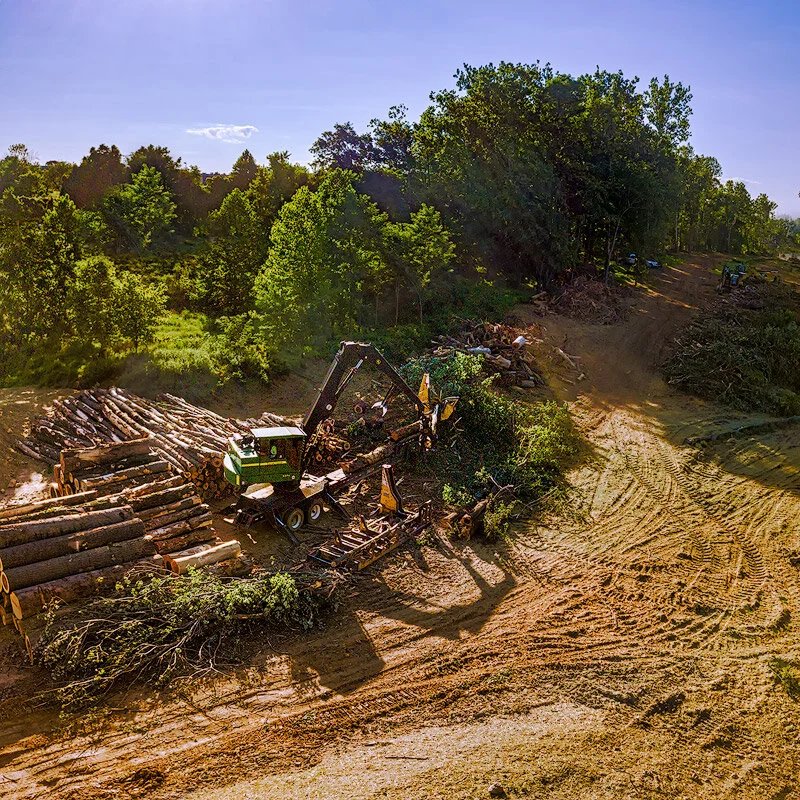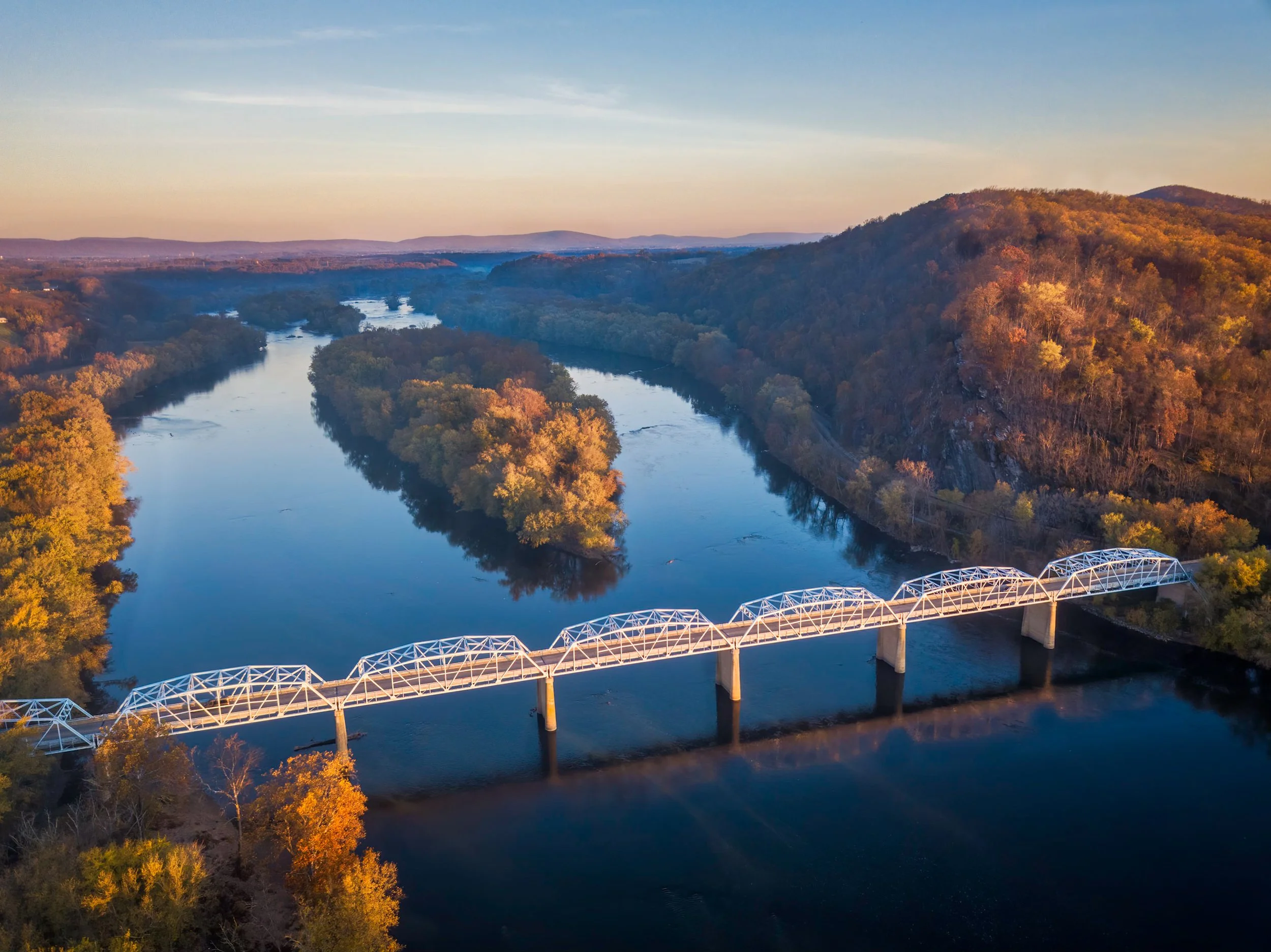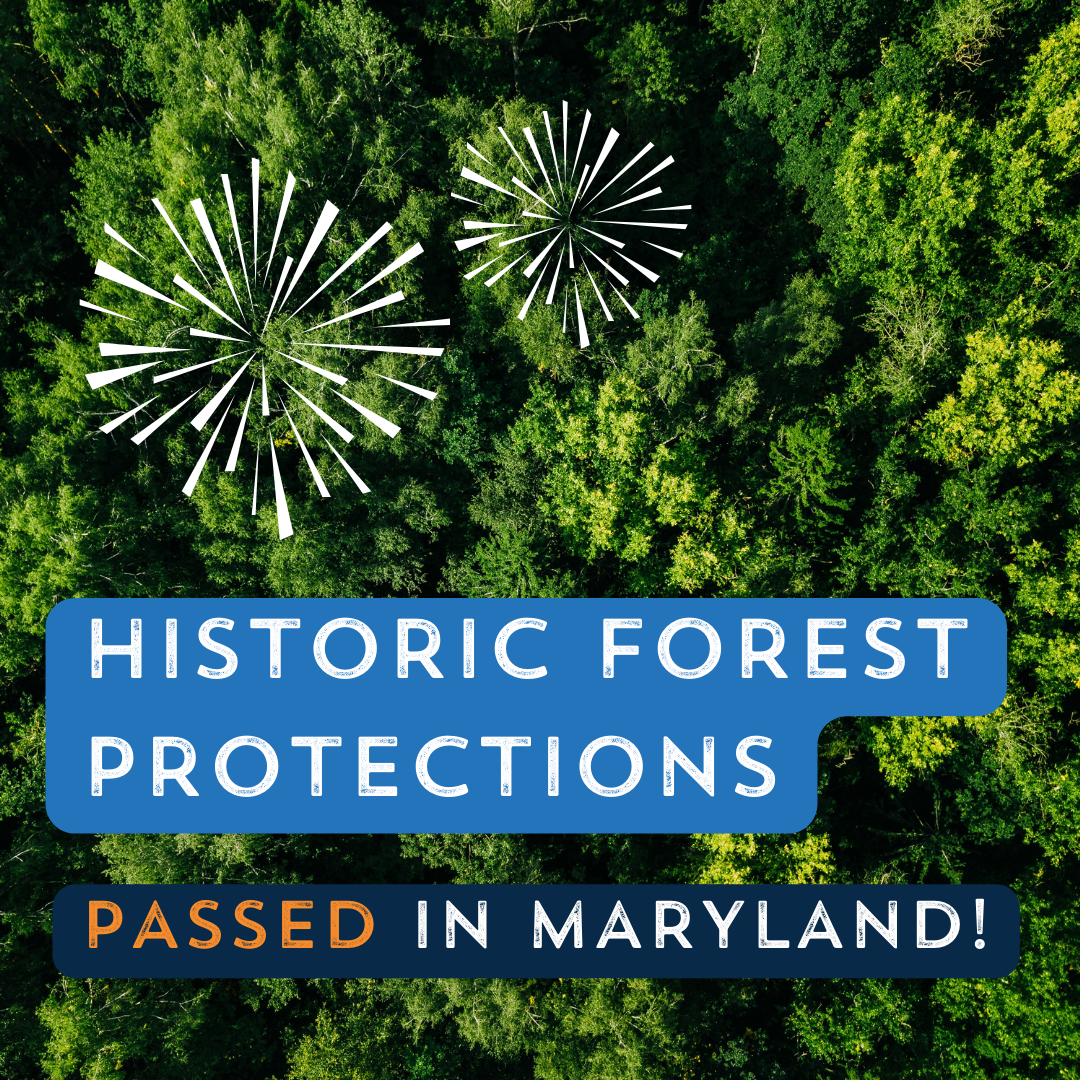7 tricks for talking about the climate crisis...so that people will listen
/You don’t need to be an expert to advocate for the Potomac River and our local environment
Image courtesy of Hillel Steinberg/Flickr
If you can advocate for protecting the Potomac River, you can advocate for climate action (in fact, they are one and the same). Because, as we know, climate change is water change.
Yes, the climate crisis can be one of the most intimidating environmental issues to discuss.
But you don’t need to be an energy policy wonk or oceanography expert to make a difference. In fact, leaning away from the wonkiness will help you break through the noise and reach others who also feel overwhelmed by the climate emergency.
Your first (bonus!) tip for talking about climate is to call it what it is – not global warming or change, but a crisis and an emergency. This is why our local movement needs to address it now!
Scroll down for 7 more tips to reframe how you think and talk about the climate crisis.
1. You don’t need to be an expert.
To be part of the solution to the climate emergency, you don’t need to memorize what IPCC stands for, the latest statistics on global atmospheric carbon in parts per million, or how the greenhouse gas effect works. You do need to show up and speak out, because time is limited.
Ok, here is one fact to memorize: In 2018, the IPCC (the United Nations Intergovernmental Panel on Climate Change) gave us a deadline: We have until 2030 to roughly halve global carbon emissions and stay below 1.5 degrees Celsius of warming from pre-industrial levels.
In other words, we have just 10 years to prevent the impacts of climate change from becoming catastrophic.
The big changes needed to meet this deadline aren’t made by a few hundred people who know a lot about chlorofluorocarbons and carbon taxes. They’re made by thousands and millions of people using their voices to form a collective movement more powerful than the storm we’re facing. It’s through collective efforts that we’ll enact the necessary systemic changes we need to reduce carbon emissions.
2. Don’t worry about climate deniers.
If someone doubts or disputes the science of climate change, they aren’t a “skeptic” or a “free-thinker” – they’re a climate denier, someone who is quite simply ignoring overwhelmingly clear scientific evidence.
The good news is, there aren’t very many people who are true deniers. According to a recent study by the Yale Program on Climate Change Communication (YPCCC), only 18% of Americans are dismissive or doubtful of the science of climate change and the need for action.
Our job, as climate-concerned residents, is not to debate with deniers, but enage those who are lost on the issue. Only 42% of Americans think the climate crisis will affect us in our lifetimes. Many incorrectly believe that solutions are not possible or not feasible. These people – who believe in science but do not realize the urgency of the climate emergency or that real solutions exist – are great folks to talk to.
We need their voices too because this is an emergency and we don’t have a lot of time (remember that fact you just memorized…).
3. Speak to your community.
What makes your voice powerful on climate? You understand the risks to your own community.
The climate crisis may be a global problem, but it is felt on the local level. So when climate feels like a faraway concern, talk to your neighbors about everyday concerns.
Here in the Potomac River region, rapid sprawl and deforestation contribute to carbon output and water pollution. But rapid development also means congested highways and longer commutes. Deforestation also means less room for recreation and less shade in the summer. Extreme rainstorms, an increasingly common occurrence due to the climate crisis, also mean flooded roads and basements.
If you’re wanting more detail, check out Rising to the Challenge, our Potomac River Climate Report at www.potomacclimatereport.org.
You’re already part of our local movement for clean water and studies have shown that local pollution motivates action. So no need to worry about climate policy across the globe - you’re already home.
Image copyright William MacFarland, Macfarlandphoto.net
Image courtesy of Hillel Steinberg/FLickr
4. Remember, it’s not about saving the planet, it’s about saving lives.
Environmentalism isn’t a fun word. It tends to turn off people who don’t count hiking, bird-watching, or recycling amongst their hobbies. Luckily, the climate crisis isn’t really an environmental issue.
If we don’t act now to reverse the course of the climate, the planet will be fine - it’s survived worse than warming. Humanity, and many of the animals we live amongst, will not be. That’s why the climate emergency is also an emergency for folks that care about children, women, farmers, fishers, anyone that lives in a city, on the coast, in the global south, and - especially - anyone from a marginalized or vulnerable community
So don’t talk to people about how global heating will change bird migrations or the chemical composition of the ocean (unless that’s something they care about!).
Talk about how “sunny day flooding” will shutter waterfront businesses and ruin people’s livelihoods. Talk about how unlivable summer temperatures will cause heat stroke in the elderly and unhoused people. Talk about how air pollution from coal plants causes hundreds of thousands of asthma attacks annually, particularly in black and brown communities.
Support for climate action correlates with perception of climate risk, so talk about the risk. Talk about the injustice. Talk about how the climate crisis is already affecting you and the people you love.
IMAGE COURTESY OF THE CHESAPEAKE BAY PROGRAM/FLICKR
5. Tell a new story.
Yes, the climate crisis was caused by humans - the science confirms this. But that doesn’t mean that humans always need to be the villains in the story of Earth.
Climate reporter Kendra Pierre-Louis points out that movies and tv are obsessed with apocalyptic, doomsday scenarios in which humans and zombies fight for a survival on a planet they’ve destroyed. Billionaires are funding projects to explore other planets for human habitation. But, despite the ubiquity of narratives about inherently destructive humans, there’s plenty of evidence that we can live in harmony with our environment (and not a lot of evidence we can live on Mars. 😒)
Indigenous North American cultures aren’t exploitative of Earth’s bounty. The country of Bhutan absorbs more carbon than it emits. These are the stories we need to be using to challenge the idea that humans are hopeless.
Pierre-Louis cites Wakanda, from the movie Black Panther, as an example of a society that tells a different story about humanity. Yes, its technologically advanced city and lush, biodiverse landscape are imaginary; but telling positive, diverse stories will help us make paradises like Wakanda a reality.
6. Accentuate the positive.
The climate crisis is, admittedly, a bummer. Even the solutions feel like we are constantly giving things up - use less plastic, travel less, stop eating meat, and on and on.
So let’s talk not only about the fact that real solutions exist, but all the things they’ll give us beyond fixing the climate crisis. In other words, let's focus on the yeses of climate action, not the nos.
Proposed legislation like the Green New Deal and Blue New Deal lay out plans for justice and equity, community resiliency, healthy food, access to nature, and economic mobilization, as well as net-zero greenhouse gas emissions. No matter what plan or deal you support, climate action means saying yes to a lot of good.
Climate action on transportation means electric bicycles, walkable cities, and high-speed rail.
Climate action on land use means protecting Indigenous peoples’ rights, wetlands full of birds, and reduced food waste.
Climate action on electricity means safer jobs in clean-energy and lower energy bills.
Climate action in our society means universal access to high-quality education, clean water, and green spaces.
Focusing on these holistic approaches to solving the climate crisis allows us to focus on what we are for, rather than what we are against.
IMAGE COURTESY OF THE CHESAPEAKE BAY PROGRAM/FLICKR
7. Join a movement.
Yes, the forces working against climate action are powerful. So the answer is to become a powerful force of nature ourselves.
Evidence supports the fact that organized movements can make a difference, quickly. In just ten years (Hey! That’s how long we have to reverse the climate crisis!), the Beyond Coal campaign successfully advocated for the retirement of over 300 coal plants. However, they needed substantial resources and people power to make that happen.
Luckily, the movement for climate action is growing. In 2019, thousands of youth climate strikes took place across the globe. After generations of being excluded, the voices of Black, Indigenous, and People of Color are finally having their invaluable perspectives heard and included.
Grassroots movements can move the needle on crucial climate decisions on the federal, state, and local levels.
Support local climate, forest protection, and clean water laws!
Potomac Conservancy will alert you when your voice is needed.
Image courtesy of Hillel Steinberg/Flickr























